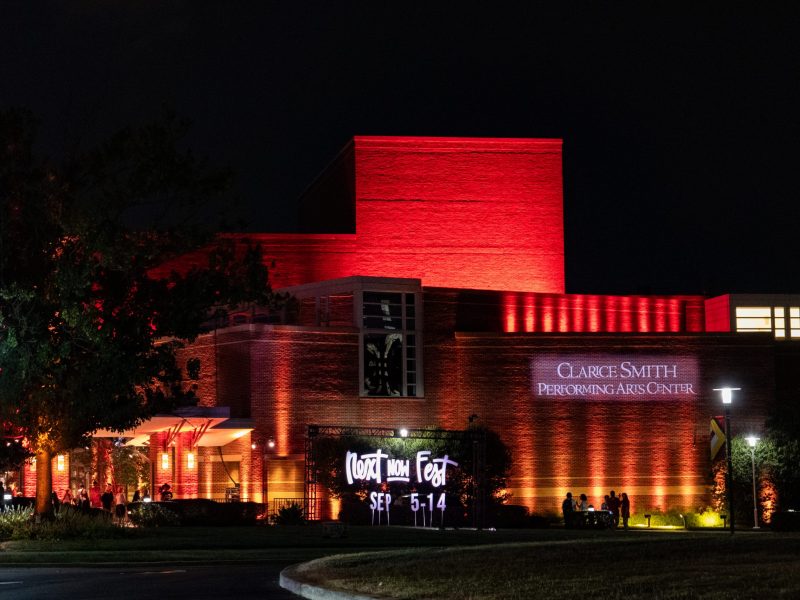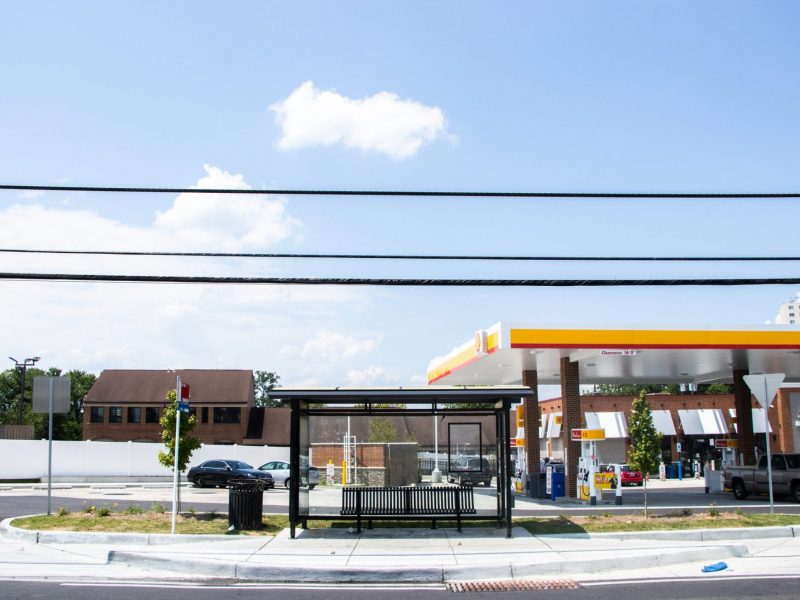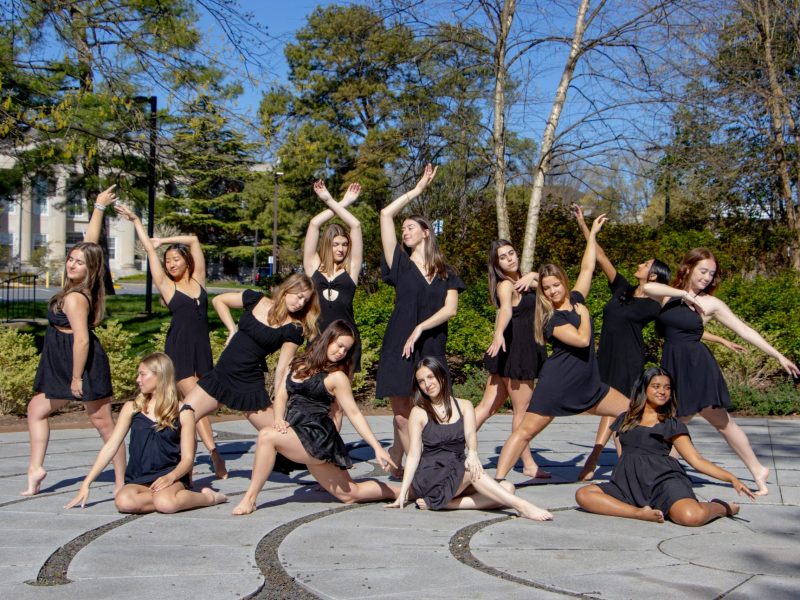The Kay Theatre at The Clarice Smith Performing Arts Center on Saturday will transform into the small attic of roommates Rodolfo, Marcello, Colline and Schaunard on a cold Christmas Eve in Paris. Based on French novelist Henry Murger’s Scenes de la vie de Bohème, the Maryland Opera Studio will put on Italian composer Giacomo Puccini’s La bohème.
The opera focuses on Rodolfo and Marcello and their off-and-on relationships with their lovers, Mimì and Musetta.
The relationships between these characters are meticulously built, dynamic yet ultimately very human. While taking place in the 1830s, the plot presents themes relevant to the present.
The plot unfolds after France’s recent flare in rebellion. The characters manage to live their everyday lives through usual and mundane activities — all until it falls dramatically into tragedy, with a fluctuating push and pull of uncertainty for all four acts.
Puccini wraps his ideas richly in beautiful and lush orchestration, supporting the libretto, written by Giuseppe Giacosa and Luigi Illica. La bohème is hailed as a timeless classic, a standard in canonical opera literature, featuring the iconic aria “Che gelida manina” and romantic duet “O soave fanciulla.”
[‘Tár’ shines a new light on orchestral music]
The Maryland Opera Studio is a graduate program at the University of Maryland for talented voice students who work with professional musicians.
Craig Kier, director of the Maryland Opera Studio, will conduct the orchestra, leading student instrumentalists while vocalists carry their melodic numbers on an immersive stage.
“Opera is the most complicated art form … because of all the different things that are brought together,” Kier said. “When you come and see an opera at the University of Maryland, you see all sorts of people learning their craft and many different levels.”
Students assist with costume design, set and lighting design and instrumental music, as the orchestra members are mostly symphony orchestra members from this university. Students received their role assignments last spring and had the summer to memorize and prepare their parts before the first rehearsal in September.
The vocalists are graduate and undergraduate voice students in the music school, three of whom are second year graduate students pursuing their master’s of music in opera performance.
Lawrence Barasa, who will play Rodolfo, said there is a culmination of elements that make the rehearsal process challenging, such as working with other people and being flexible.
“It’s fun, but also tedious,” Barasa said. “But at the end of the day, you get to get all the fruits and take them home with you by having a wonderful performance.”
[New York dance artists preview piece on COVID and system failures]
And the opera itself is not as dated as one might think. There are plenty of themes that almost directly translate to college life. Henrique Carvalho, who will play Marcello, shared his favorite themes that are the most compelling and tangible even for first-time opera viewers.
“You lose all these … luxuries … and you then have to find those through the connections you make with other people,” Carvalho said. “Those simple life elements magnified and romanticized to me is something that’s just worth it to see and experience. It heightens the value of the human experience … existing as a person is enough to be celebrated.”
Kira Neary, who will play Mimì, said that for her, the audience is the most important part of performing.
“There’s something so special about that first time when people are watching this thing that you’ve worked on for months and months,” Neary said.
The opera is just less than two and a half hours, presented in four acts. Kier described it as nothing fantastical, but in fact very real and something audiences can truly relate to.
“There’s nothing … that’s out of the ordinary,” Kier shared. “We can all relate to the ideas of falling in love very quickly, having that love be filled with a journey that is not completely smooth, and then ultimately the loss of someone.”
After opening night on Saturday, there will be three other performances on Sunday, Tuesday and Wednesday.
“It always feels like the last puzzle piece to me,” Neary said. “A piece might feel complete, but to me, it doesn’t quite feel fully finished until we put it in front of people, and we get that extra spark.”



